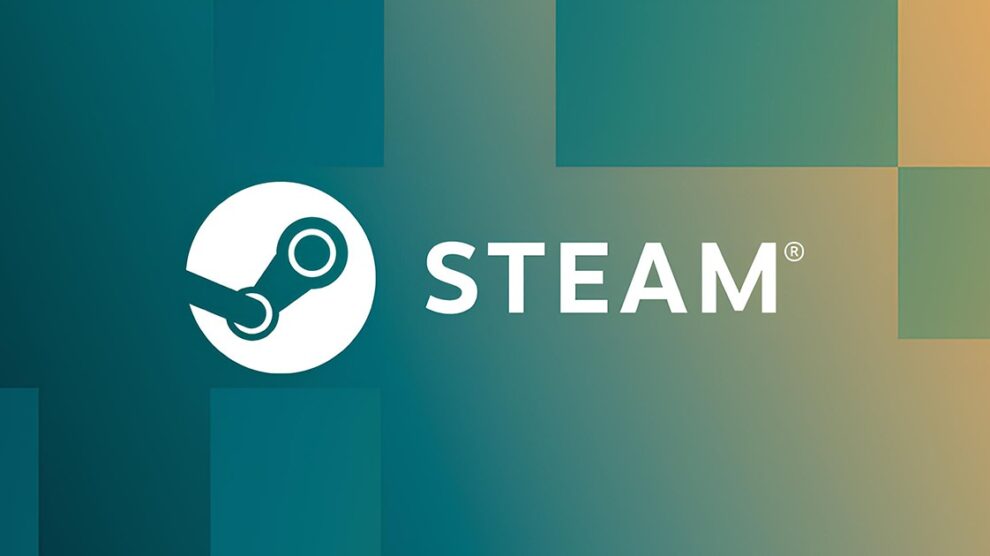In a significant move that could reshape consumer rights in the digital gaming space, Valve has announced the removal of the binding arbitration clause and class-action waiver from Steam’s subscriber agreement. This change, implemented in the updated Steam Subscriber Agreement (SSA), marks a departure from a controversial policy that had limited users’ legal recourse against the platform.

Key Changes to the Steam Subscriber Agreement
- Elimination of the requirement for disputes to be resolved by individual arbitration
- Removal of the class action waiver
- Deletion of cost and fee-shifting provisions from previous versions of the SSA
“We’ve eliminated the requirement that disputes be resolved by individual arbitration. As always, we encourage you to contact Steam Support when you have any issues, as that will nearly always be the best way to reach a solution. But if that doesn’t work, the updated SSA now provides that any disputes are to go forward in court instead of arbitration.”
Impact and Analysis
Geographical Implications
While this change has limited impact on users in regions where the arbitration clause was not enforceable (Australia, EU, New Zealand, Quebec, and the UK), it significantly affects users in other areas, particularly the United States. American users now have the option to take Steam to court if necessary, a right previously restricted by the arbitration clause.
Potential Motivations for the Change
- Cost Considerations: As one Steam user pointed out, “if you have tens or hundreds of thousands of disputes, it costs more time and money to arbitrate each dispute individually than to just litigate a class-action lawsuit.”
- Reputational Concerns: Recent high-profile cases, such as Disney’s attempt to enforce arbitration in a wrongful death lawsuit, have highlighted the potential for reputational damage associated with strict arbitration clauses.
- Regulatory Pressure: Increasing scrutiny from regulators and consumer advocacy groups may have influenced Valve’s decision.
Broader Industry Implications
This move by Valve could have ripple effects across the gaming industry and digital platforms more broadly:
- Other gaming platforms may feel pressure to follow suit and revise their own arbitration clauses
- Increased potential for class-action lawsuits against digital platforms
- Possible shift in how digital service providers approach dispute resolution with users
Legal Perspective
From a legal standpoint, this change represents a significant shift in how disputes between Steam and its users may be resolved:
- Access to Courts: Users now have direct access to the court system for disputes, potentially leading to more transparent resolution processes
- Class Actions: The removal of the class-action waiver opens the door for collective legal action, which can be more effective in addressing systemic issues
- Precedent Setting: Court cases against Steam could now set legal precedents that impact the broader digital entertainment industry
Consumer Rights Implications
This change potentially strengthens consumer rights in several ways:
- Increased Leverage: The threat of lawsuits, especially class actions, may incentivize better consumer practices
- Transparency: Court proceedings are generally more public than arbitration, potentially leading to greater transparency in dispute resolution
- Collective Action: Users with similar grievances can now join forces in legal actions, potentially addressing broader issues more effectively
Industry Context
This legal shift comes at a time of significant movement in the PC gaming market:
- Ubisoft’s recent announcement of a full return to Steam, with day-one releases starting with Assassin’s Creed Shadows on February 14, 2025
- Increasing competition in the digital distribution space from platforms like Epic Games Store and GOG
- Growing scrutiny of digital platforms’ policies and practices by regulators worldwide
Looking Ahead
As the gaming industry and digital marketplaces continue to evolve, several key areas will be worth monitoring:
- Potential increase in legal actions against Steam and how they are resolved
- Whether other major platforms follow Valve’s lead in revising their dispute resolution policies
- Any changes in Steam’s customer service practices in light of the increased legal exposure
- Regulatory responses to this shift, particularly in jurisdictions where arbitration clauses were previously enforceable
Valve’s decision to remove the arbitration clause and class-action waiver from Steam’s subscriber agreement marks a significant shift in the relationship between digital platforms and their users. This move potentially empowers consumers with greater legal recourse and could set a new standard for user agreements in the digital entertainment industry.
While the full implications of this change will unfold over time, it represents a notable step towards increased transparency and accountability in digital marketplaces. As the gaming industry continues to grow and evolve, the balance between platform policies and consumer rights will remain a crucial area of focus for users, developers, and regulators alike.
Related Articles:
- Consumer Rights in Digital Platforms: A 2024 Overview
- Legal Trends Shaping the Gaming Industry in 2024
- Steam vs. Competitors: Analyzing the Digital Distribution Landscape










Add Comment